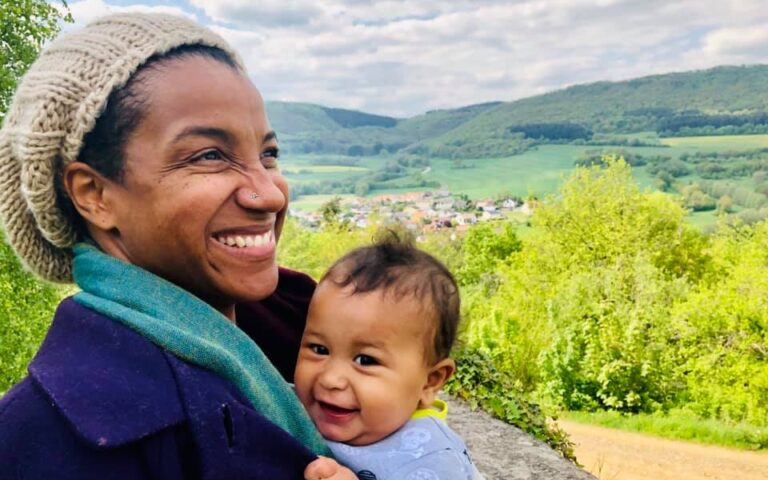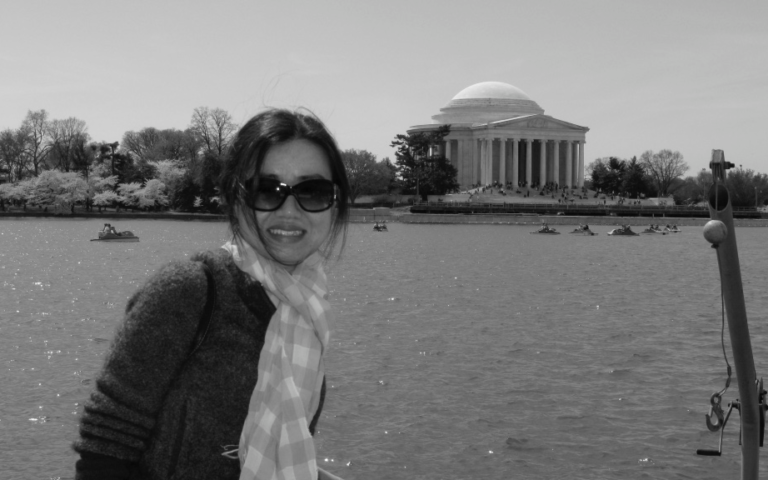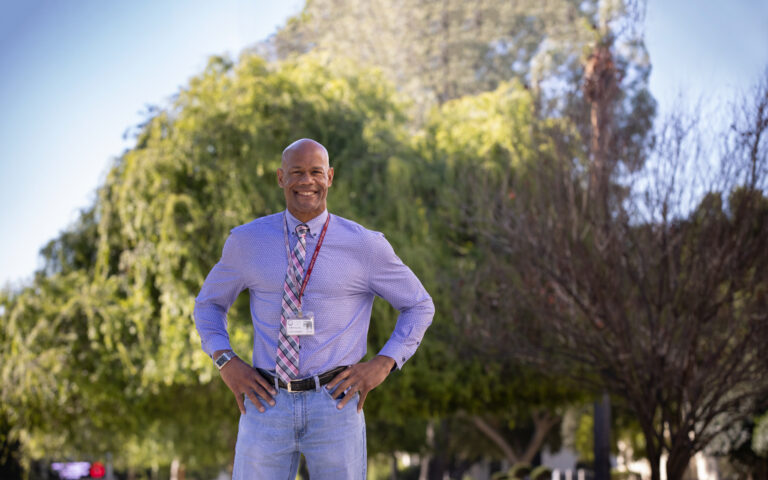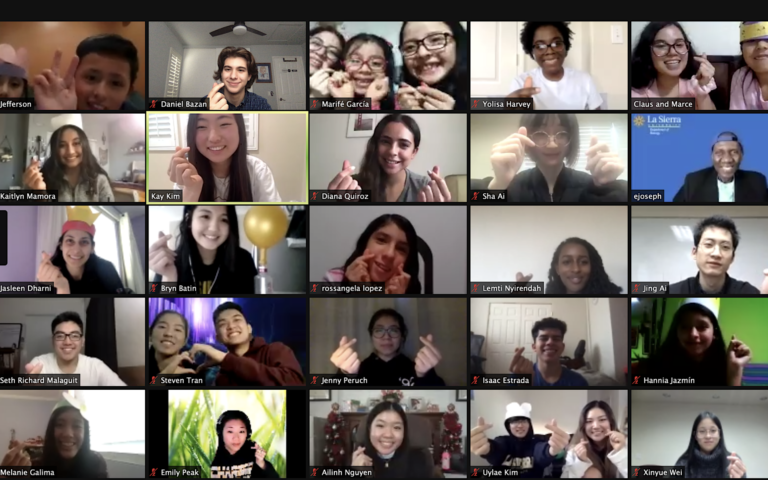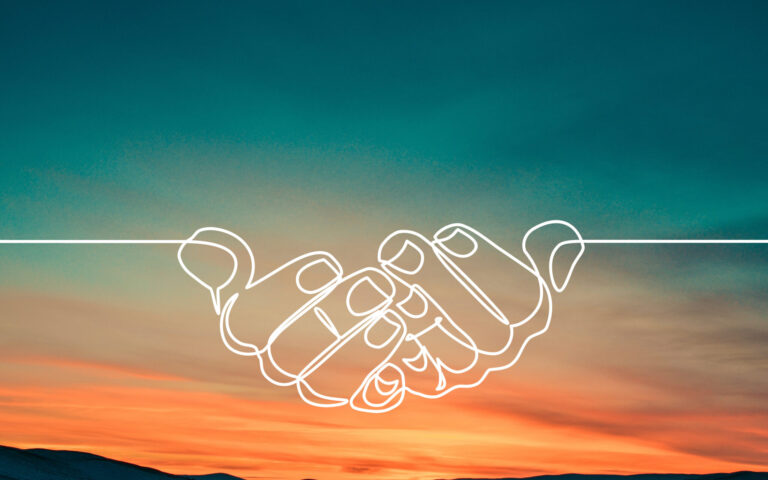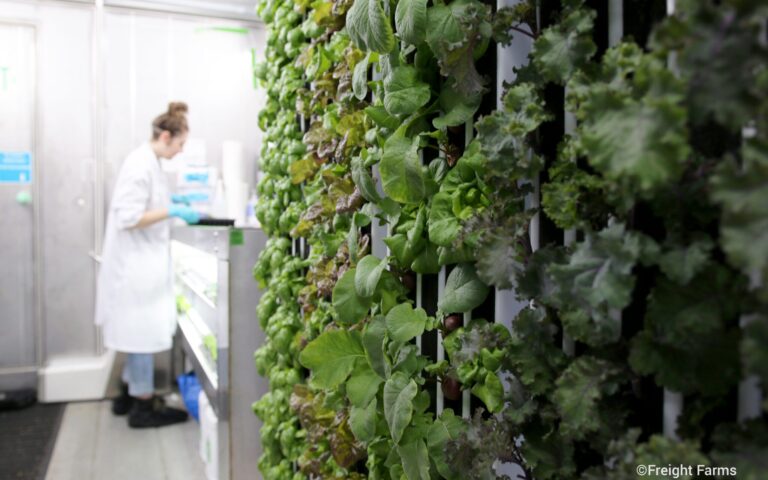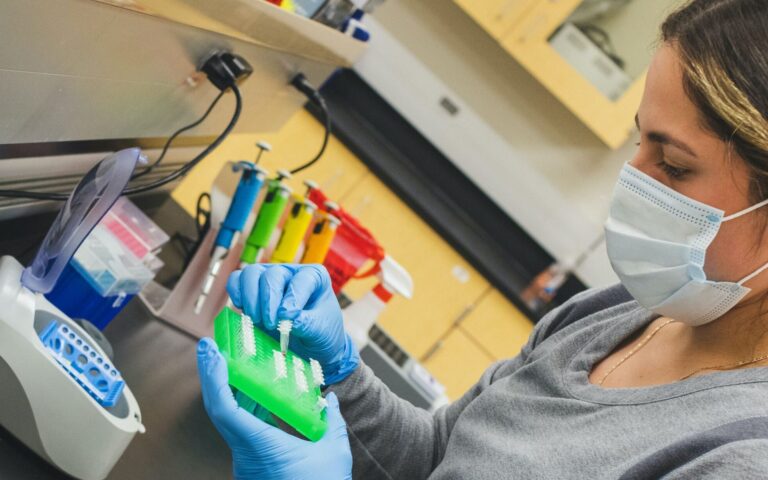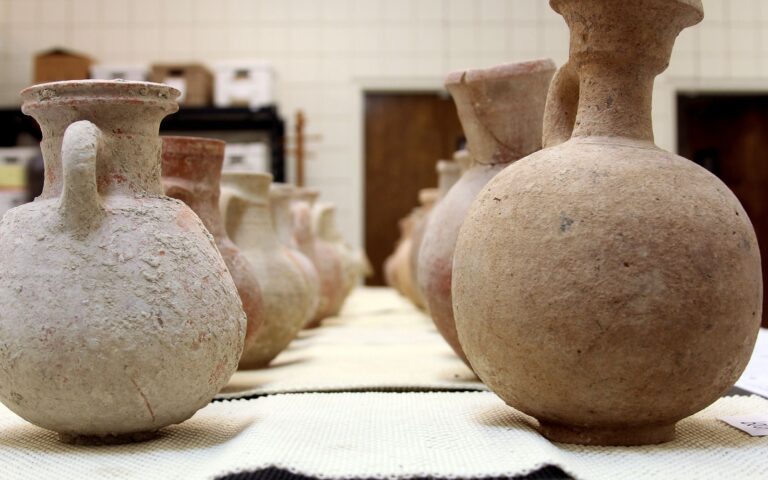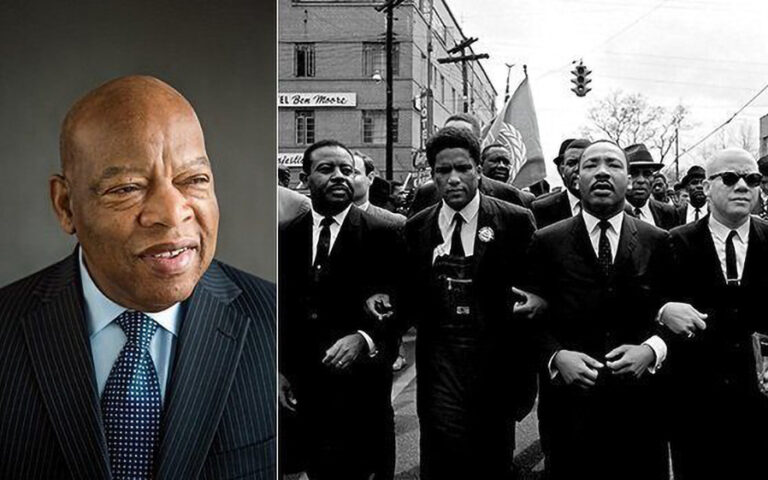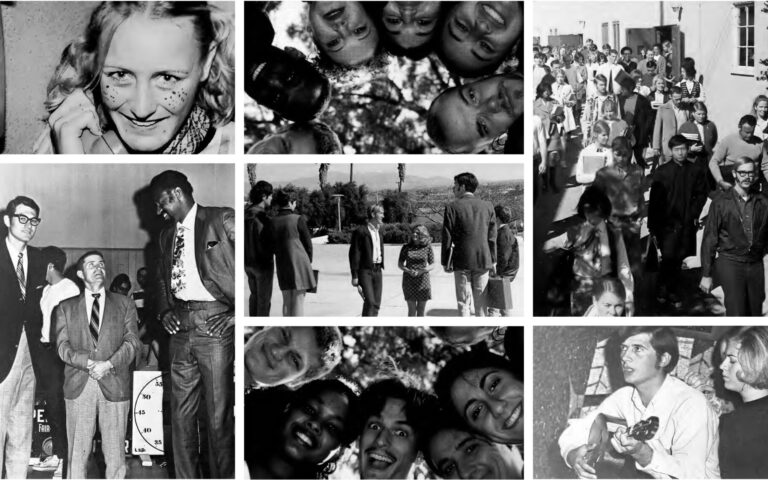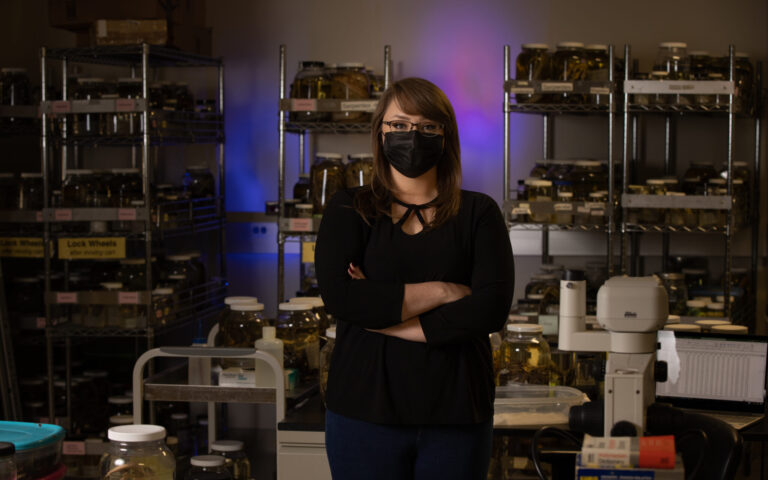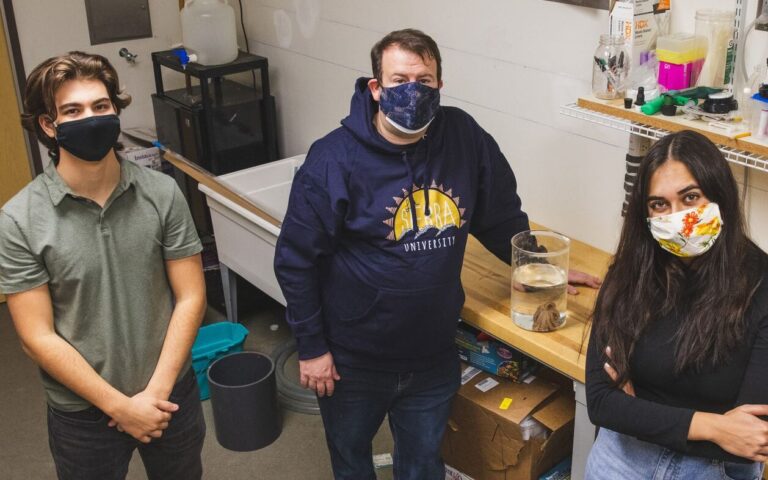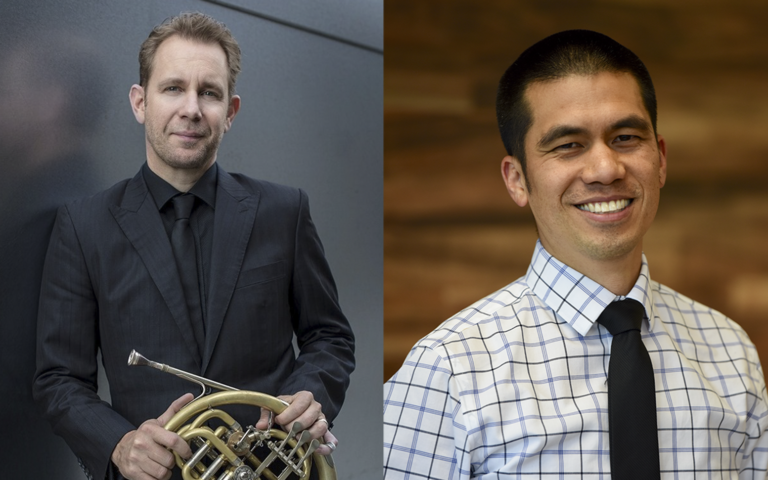by Natalie Romero
“I’m on the renegade side of things in my profession,” says Leah De Shay. And she wouldn’t have it any other way.
The profession? To passers-by, Leah specializes in maternal and child health. But for the parents and newborns her public health start-up serves, her role is a lot more complex than that. Leah’s work isn’t just about health; it’s about creating equity for people of color and for those who are neurodivergent within a biased healthcare system.
“We use behavioral health support to increase patient fluency and provider prejudice accountability in order to reduce racism and mortality based outcomes [for] Black, Latinx, and Native infants in the U.S. and colonial countries,” she explains of her recently launched company’s alternative approach to maternal/child wellbeing. Through BB911, Leah is leveling the field of social privilege and advocacy—and saving lives in the process.
Passion meets pragmatism
In 2004, Leah found herself at the same crossroads encountered by many college freshmen—which degree was the right one? Interested in a variety of disciplines, she dedicated herself to majoring in both psychology and speech language pathology at La Sierra University. She also chose to minor in business, which led to a life-changing opportunity when Dr. Gary Chartier suggested that she join the SIFE (now ENACTUS) team.
As a competitive presenter, Leah garnered skills in public speaking and debate that she still finds herself using today. When it comes to diversity training and health equity work, “it’s unfortunate that you have to be able to sit in the place of the underdog and argue,” she says. “But when you’re talking to folks coming from a biased background, a culturally preprogrammed headspace, then you have to be prepared…you have to think very quickly on your feet, have very good recall, and have an understanding of statistics.”
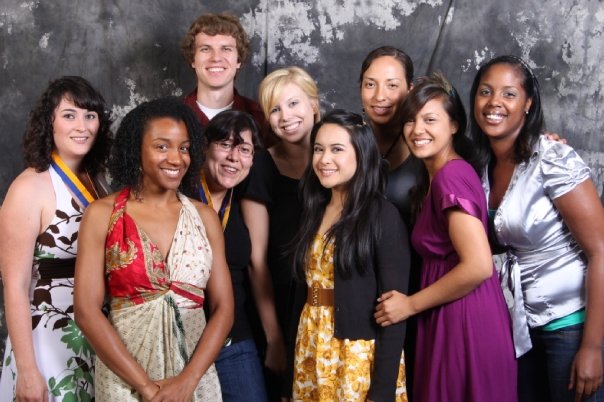
Leah (second from left) with some of her fellow pyschology majors
Describing her time at La Sierra as something that led to intellectual agility and a combination of passion and pragmatism, Leah also mentions the impact of other professors like Dr. Suzanne Mallery and Dr. Leslie Martin. “They said certain things to me that have stayed with me for a lifetime. They both were the first versions of an anti-racist ally in my life and introduced me to progressive ideals of humanism and how those in power could be voices for civil rights,” she recalls. “It changed my life.”
After completing her La Sierra degrees in 2008, Leah studied Infant Nutrition & Maternal Lactation at UC San Diego, graduating in 2013 with certification as a Lactation Educator Counselor (CLEC) and International Board Certified Lactation Consultant (IBCLC). This specialized education led to work in both pediatric and family clinics, where for years Leah served a variety of California communities as a credentialed doula, as well as through infant feeding/parental education and prenatal/postpartum care/education. But while Leah was proud of the work she was doing, she couldn’t help but feel that there was something else. When she had the idea for what would eventually become BB911, she had to think carefully about how to proceed—she wanted to launch an online start-up, quit her existing job, and also attend graduate school. “I didn’t have 15 years to do this in a linear fashion, so I sat down and did the math and realized I needed an alternative,” Leah remembers.
The unorthodox answer presented itself in a move to Germany, where Leah’s husband immigrated from. Although her family made the decision to go abroad during the height of the COVID-19 pandemic (admittedly bad circumstances overall, Leah adds), it turned out to be the ideal year to bring community peer support for parents and children into a more prevalent virtual space. “Virtual pediatrics became increasingly important,” Leah says, describing the urgency of providing services for underprivileged families both in the United States and in the European Union.
A radical approach to creating equity
How BB911 Works: Through their website (an app is currently in development), BB911 offers virtual parent navigation and family coaching services. While goals for each parent/family unit vary, the most sought after objectives deal with infant feeding, sleep, and partner intimacy. Case managers, many of whom are people of color who speak multiple languages, work with clients to provide resources to help them meet their individual needs and goals, as well as professional planning to balance childcare with a career—helping parents traverse the often complicated and non-POC-friendly world of prepartum and postpartum healthcare. “We are in the process of establishing partnerships with brands such as Ritual Vitamins, Milky Mama, Willow, and Asian Mom,” says Leah, “to offer special, VIP services to their customers as a way of promoting their ethos and supporting other femme and BIPOC (Black, Indigenous, and People of Color) owned/run companies who we believe model the future of ethical consumption and serving the community while protecting the environment.” BB911 also offers customized anti-racism policy reviews and personnel training for healthcare and advocacy organizations.
When the goal of a company is to use a completely different methodology to solve the problems of its clients—to completely circumvent the normal way things are done—you need to think outside the box. This was obvious to Leah when she was planning the future of BB911, a business designed from the very beginning to not only support parents in need, but to help lessen racial inequality and meet the intersectional needs of neglected populations. “A Black woman is 44 times more likely to die during childbirth due to neglect or insufficient care, as is a newborn who is Black. And that is irrespective of socioeconomic status,” says Leah, discussing just one of the many harsh realities faced by people of color when they interact with the healthcare system. Furthermore, parents who are neurodivergent—that is, someone whose neurological development is “atypical” or the opposite of neurotypical—can also face discrimination when it comes to maternal/child care.
Starting an online business to tackle multiple types of prejudice was a bold move. But, “there is no company out there that is created for Aspergers, ADHD, and other differently neurological abled parents to succeed in family and work life balance,” Leah says. And while one company can’t erase years of systemic abuse when it comes to racism and ableism, it can make a very tangible difference in the lives of the people it serves through advocacy and empowerment.
The first steps for Leah’s fledgling enterprise were to think critically about what patients actually need and to then create a radically different approach from most maternal/child health businesses. Regardless of what parents’ goals and concerns are when it comes to their newborns, Leah explains, the standpoint of most healthcare providers is to focus on the education needed by said parents in order to help them make “the right choice.” However, “something I learned from psychology and counseling is that you can never give someone the right choice. Their right choice is whatever choice they can commit to enthusiastically and that they can sustain.”
Using techniques she learned from working with homeless populations dealing with addiction, such as motivational interviewing, Leah’s approach puts the client first. Instead of tailoring the information in order to manipulate or skew their choices toward a preferred, predetermined choice, Leah wants her case managers to meet the expectations of the new parent. Instead of drowning customers in information and rules that more often than not makes people averse to asking for help when they need it most, Leah’s company strives for openness and comfort—letting clients explore their own goals and determine their own problems. By using this alternative model, families can express what is important to them: the solutions they wish they had, and what they are willing to do to accomplish them. “We keep them goal oriented,” Leah says, “and give them the resources to meet their goals in the way that they feel confident and comfortable committing to. It’s taking an addiction/recuperation model and applying it to a different type of crisis. We can’t wait to see how this affects the data.”
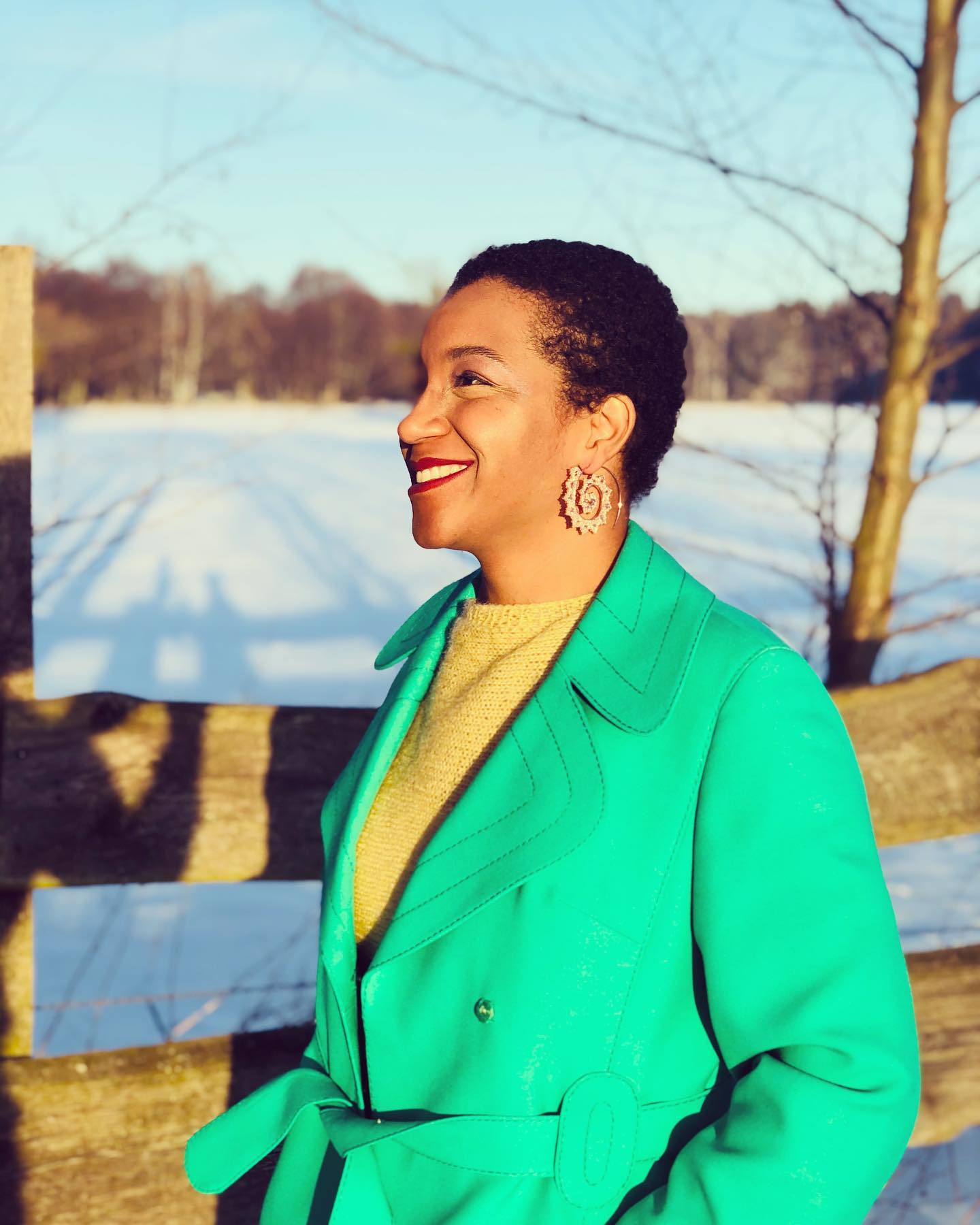
And a crisis it certainly can be. “Racism is still a pervasive problem to anyone who isn’t white,” Leah says. “It doesn’t matter how much access to care you have if everyone you interact with still treats you badly because of your skin color.” When boiling the intricacies of racism and healthcare in the U.S. down to one generalized phrase, Leah describes it as “a complete lack of support.”
Leah goes on to say that after she graduated and began working in clinics and hospitals, she saw this lack of support firsthand. It’s not just about issues like the absence of protected maternity leave, financial equality, or adequate job protection—though those all play an important role and affect families of all races across the United States. It’s the system as a whole that has failed women, particularly those of color. “In my experience, I saw nine women die,” Leah mourns. “One of whom was a white Eastern European immigrant who hardly spoke any English…the others were Black and Latinx.”
Despite growing opportunities for education and diversity in the workplace, minorities and neurodivergent people are still more likely to receive the least amount of support when it comes to areas like maternal/child health. There are growing reports—and studies like this one on racial bias—that show incidents in which medical staff have withheld care or resources because they believed the patient wasn’t being completely truthful, didn’t know what they were talking about, or should have been able to deal with whatever pain they were in. In her own experience, Leah saw doctors and nurses who were normally kind and compassionate tell women patients that they should be quiet. “Instead of listening and believing, they asked [the women] why they were exaggerating,” she recollects of the many days she spent both working in hospitals and being a patient herself. And when it was her that desperately needed help during a miscarriage, Leah was told that she “must be doing something wrong.”
For people who receive not just adequate but good care, stories like these may seem far-fetched. How can those in need not be getting the help they need because of their skin color, especially when so much work is being done right now during what some have called the second civil rights movement?
Leah explains that the continuing problems partly stem from an unwillingness to accept that biases still exist, and that they are being perpetuated in this day and age. “People don’t want to believe that they are biased,” she says simply. “To me, the foundation of that comes from the overall insecurity that tells us the only way to believe in our own value is for value to be based on hierarchy. As Christians, it’s an insult to God to wake up thinking you need to compete with others [for that hierarchy]. The tenets of the gospel are that grace is for everyone, and so is peace, and so is joy. All you have to do is be open to yourself being loved and be willing to offer that to other people.”
Service > Success
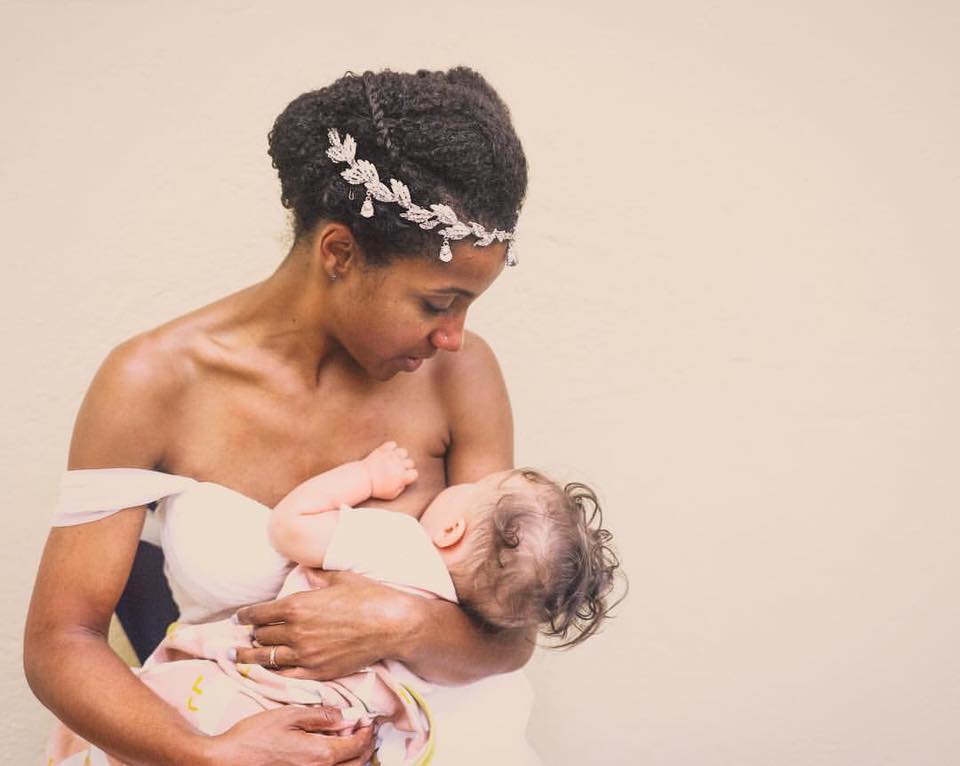
photo by Eric Wedbee
Being a renegade agrees with Leah—as does the creative, unconventional thinking that not only led to the services provided by BB911, but its unusual company structure. “We don’t do hierarchy, because that reinforces imperial structure,” she explains before painting a picture of concentric circles instead of one pyramid for the business’s composition.
“My name for it is DDCM, which stands for decolonized, decentralized, cooperative management,” Leah says of the term she coined—primarily because she couldn’t find an existing term to describe the way she wanted to operate BB911. The circles are based on specialty, availability, accessibility, and responsibility levels. “The closer to the inside of the circle, the more responsibility you have to every circle level, and the further out is the more your responsibilities or expectations are specialized and specific. So I am in the middle of the circle because there is no one in the company that I do not serve, and our advisors are in the widest ring of the circle because their responsibility is specialized to the group that they educate and only on the topic of their expertise.”
While BB911 is growing (at the moment they are only taking on 1,500 U.S. families as clientele for the first year in order to ensure quality of care, and will expand one quarter at a time beginning in 2022), Leah is also working toward an MA in International Sociology from Theologische Hochschule Friedensau and a specialized certificate in Maternal Child Health from the University of Washington. Afterward, she plans to earn a PhD in Neuropsychology.
As her company expands, there are plans in the works to place additional focus on African and Middle-Eastern immigrants, as well as Asian immigrants, in both the U.S. and the E.U. Ten years from now, Leah envisions that BB911 will continue to be BIPOC/women-run, will be collaborating with even more companies who have the same goal of equity, and will be working to change what people look for when it comes to their healthcare resources. As for herself, Leah is looking to redefine success as service. “That’s part of me decolonizing my mindset and clinical support for families.”
When asked what else she is looking forward to in the future, Leah is clear: “Success for me is measured by impact,” she says. “I’m looking forward to being impactful. Then I will know I’ve spent my energy well and fulfilled both my mission and purpose.”

